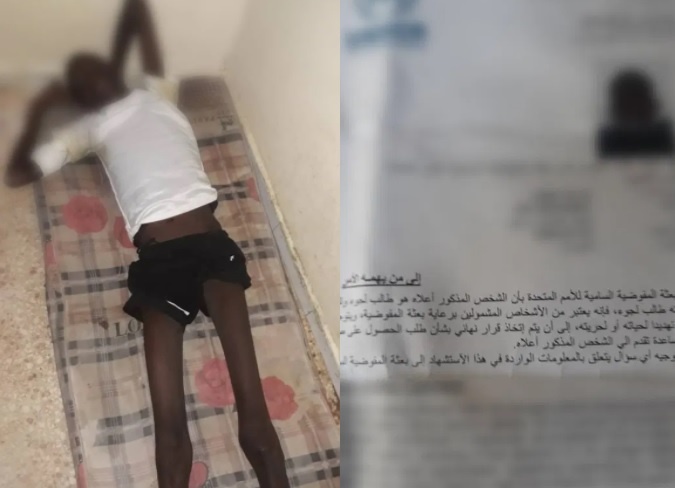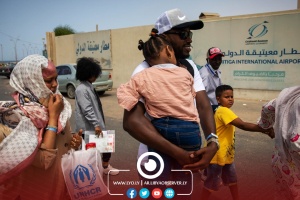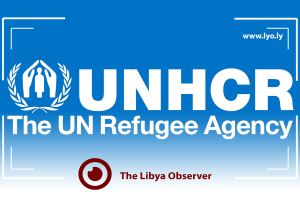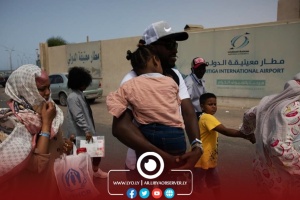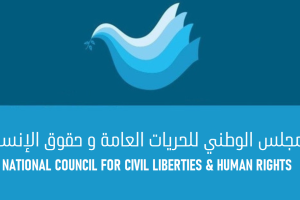32 Libyan civil societies have lambasted the “poor performance” of the United Nations High Commissioner for Refugees (UNHCR) following the death of a Somali refugee in Tripoli.
The NGOs said in a joint statement that 19-year-old Shuaib Ibrahim had died because of the violations by human trafficking gangs in Bani Walid town and the neglect of UNHCR in Tripoli.
The UN Refugee Agency in Libya reported on January 7 that Shuaib died shortly after leaving the hospital at the end of December. According to their report, “Shuaib was kidnapped and mistreated in the town of Bani Walid before being released and moved to Tripoli.”
After his death, UNHCR claimed “we informed the Libyan authorities of the incident and we assisted in the transfer of his body.”
But the Libyan NGOs refuted the UNHCR report, saying the UN Refugee Agency did not intervene and left the body of Shuaib in a random house for several hours until the intervention of the Somali embassy in Tripoli late at night.
“This is not the first time that asylum seekers registered with the UNHCR have died in random dwellings in Tripoli. The UNHCR was aware of their death but it left their bodies for long hours inside these dwellings without intervention.” Read the statement.
Meanwhile, the Acting Chargé d'Affairs of the Somalia embassy in Libya, Ibrahim Mohammed, confirmed that the United Nations High Commissioner for Refugees neglected Shuaib in his life and after his death, despite the fact that he was a registered asylum seeker.
Speaking to local media, the Somali diplomat said that Shuaib came to Tripoli from Bani Walid in a deteriorating health condition. He was accommodated by the UNHCR in a house, but he received no medical care or follow-up.
“The health condition of Shuaib worsened until he died at night. Although the UNHCR was informed of his death, it did not take any procedures to transfer and bury his body.” He said.
Mohammed confirmed that the forensic report showed that Shuaib has died due to acute hepatitis, and that the UNHCR failed to provide him with proper health care.

